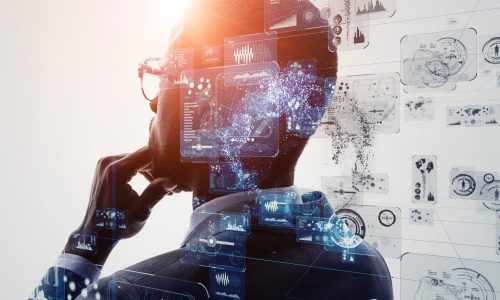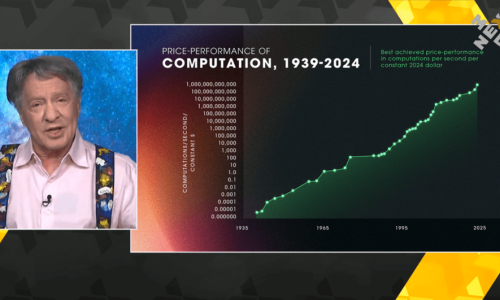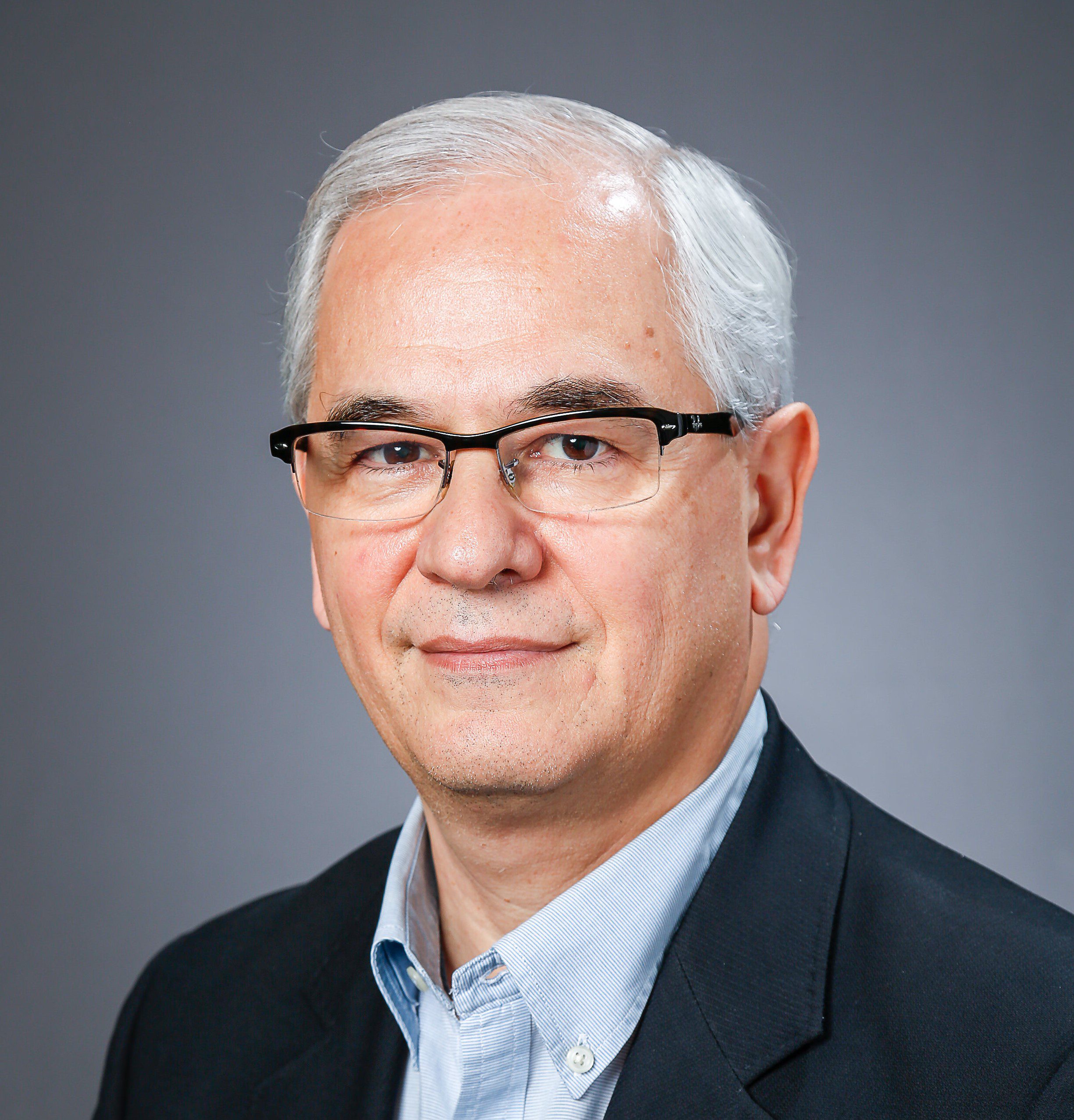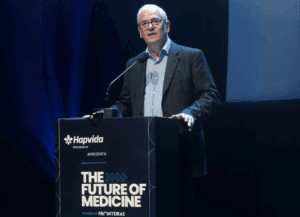I recently came across two excellent articles that have contributed to my reflections about artificial intelligence.
The first, “Fossilized Cognition and the Strange Intelligence of AI,” written by John Nosta is a philosophical and conceptual reflection on the nature of generative artificial intelligence, especially large language models (LLMs) – https://www.psychologytoday.com/us/blog/the-digital-self/202504/fossilized-cognition-and-the-strange-intelligence-of-ai
Nosta proposes that LLMs are not “minds in the making,” but rather sophisticated reconstructions of “fossilized” human cognition – sedimented in ancient texts, fragments of past human thought organized by statistical patterns rather than meaning or lived experience. According to him, these AIs do not think like us, and do not have continuous memory or consciousness. They operate in an “eternal now,” responding to stimuli based on vast linguistic records of the past. They do not live, they do not evolve, they merely reanimate past language patterns.
Unlike human cognition, which is built based on time and experience, LLMs exist in a “timeless geometry” – a metaphor to describe how language models organize knowledge and produce responses in a nonlinear, timeless way that is detached from human experience.
Even with technical memories in place, LLMs do not remember like us—they merely retrieve data. Nosta does not deny their value. On the contrary, he recognizes their practical power and transformative impact. However, he argues that it is essential to understand what they really are: reflective machines, not conscious minds.
The second article is “Why AI Will Not Fix Healthcare” written by João Bocas – https://lnkd.in/dJ4ZcYVG
In it, Bocas challenges the widespread belief that Artificial Intelligence will “fix” healthcare. He argues that although AI offers impressive capabilities it lacks the human elements essential to medicine: empathy, intuition, and connection. He emphasizes that healthcare’s core problems are not technical, but systemic, cultural, and human.
He critiques the tendency to use AI as a shortcut rather than as part of a strategic transformation. This often results in systems that increase administrative burden, erode patient trust, and worsen health disparities — particularly when AI tools are not designed inclusively or validated by clinicians.
Ultimately, Bocas asserts that real healthcare improvement requires investment in people, ethical system design, cultural change, and collaboration between humans and machines. The future, he concludes, should not be “artificial” but augmented, with AI enhancing rather than replacing human care.








